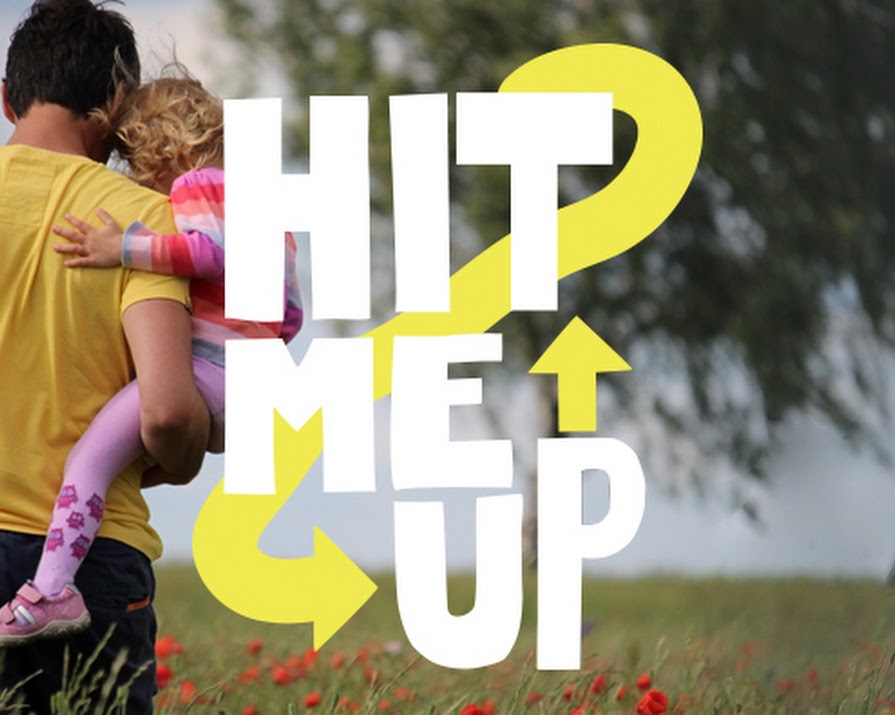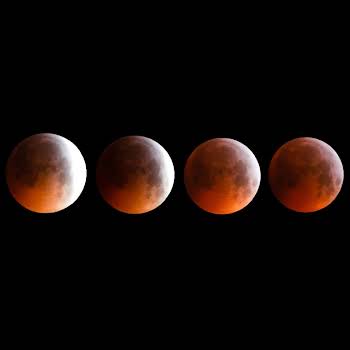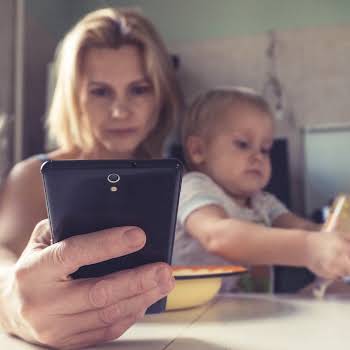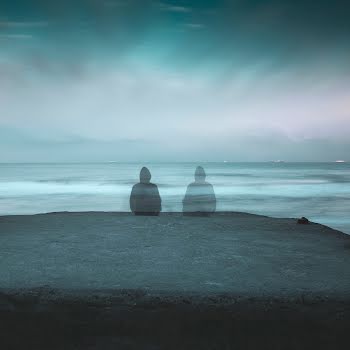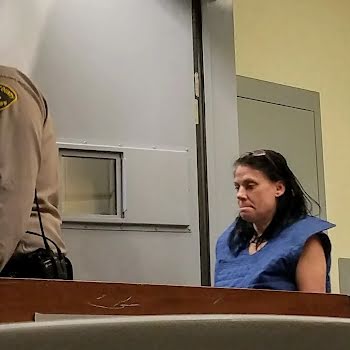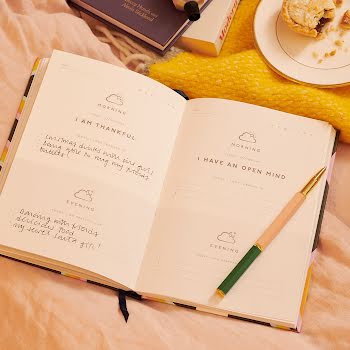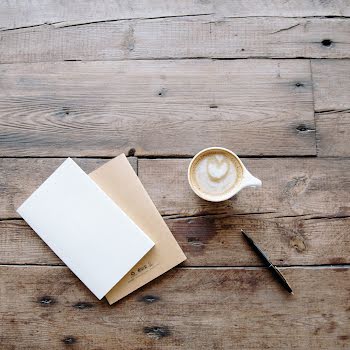By Rhona Mcauliffe
13th Oct 2020
13th Oct 2020
DNA testing threatens to break up a family in this heartfelt reader letter
Dear Rhona,
Inspired by one of the most well-known Irish influencers, my sister ordered a DNA testing kit online a few months ago. Her results showed that she had possible cousins in Germany, which doesn’t reflect what we know about our family. Presuming that the results must be wrong I decided to do a test too, thinking that it was all a bit of a scam.
When I finally had access to my results, my sister – who was already on their database – showed up as my possible 1st cousin. Again, I thought it must be a mistake so I mailed the DNA help centre. They very gently pointed out that my sister could, in fact, be my half-sister, which would account for the more remote shared DNA.
They assured me that there was no mistake. That was 10 days ago and I haven’t mentioned it to anyone. I’ve been Googling no-stop and have already found hundreds of stories of people who have discovered the same thing via DNA testing. Most have found out that they, or one of their siblings, has a different father.
I suspect that in our case but don’t know if it’s me or my sister. I never thought I’d be the type of person to sit on this information but I just can’t deal with whatever it’s about to throw up. My parents are now separated and I have a difficult relationship with my mum who struggles with issues related to her mental health. I’m very close to my Dad, as is my sister. I’m figuring out what to do at the moment but need all the help I can get.
Am I stupid to think that not sharing this information with my sister is even an option?
Anon.
I started by referring to the shock you must have felt on discovering the DNA anomalies with your sister but ‘shock’ just doesn’t cover it. However you proceed, your bloodline – or that of your sister – has already been held to question; your foundations have been irrevocably rocked. If you go on to pursue the ‘truth’ and expose your family secrets in the process, taking this time out to consider all possible outcomes, even if you’re in a state of numb disbelief, is no bad thing. It won’t prepare you for the revelation, necessarily but it might help you to preserve the close relationship you have with your father in advance of the bomb drop. And that’s vitally important. You both have a great relationship with him and nothing will change that. Families aren’t bound by genes, they’re united by love and experience. He is still and always will be your Dad.
2017 was the year that DNA home-testing kits blew up, primarily in the US. By February of that year, over 12 million people worldwide had signed up to map their genealogy. Driven by curiosity to trace our roots, find living relatives, explore our predisposition to genetic conditions or just jump in for the craic, thousands of families have not received the results they expected. So much so, that the biggest gene-tracing outfits now have dedicated teams to sensitively manage the fallout, referring clients to support networks and counselling, where needed.
Before we could pay €99 for a full background check, these kind of world-rocking exposés were rare. Only the tortured admissions of guilt-ridden relatives or the last gasp, death-bed confessions of a parent would out the truth. Reveals were dependent on a person’s conscience, with secrets only spilled once all the moral and emotional implications had been weighed. But the days of padlocking our skeletons in the closet and swallowing the key are closing in.
“It’s getting harder and harder to keep secrets in our society,” says CeCe Moore, a prominent genetic genealogist who consults on US TV show, Finding Your Roots. “If people haven’t come to that realisation, they probably should.”
So, what do you know? You know that your sister is most likely your half-sister. That’s it so far. You don’t know if your father is privy to what’s going on here or how you were both conceived. Did your Mum have an extra-marital fling? Could she have had a sperm or egg donation they decided jointly not to discuss with you both? Was one of her pregnancies the result of a violent assault? You’re already reeling from the first discovery but there’s so much yet to come.
As your sister knows you’ve submitted your sample and are awaiting results, sharing the intel you have with her seems like the logical next step, so that you can half the emotional burden and formulate a plan. It’s unfortunate that you are the chief bearer of volcanic news here but timing is still important. If she’s not in a great place at the moment, wait.
Sharing the news with your Dad will be incredibly hard. As you have a healthy relationship with him, letting him know in advance that you have something important to discuss with him will help him at least brace for impact. Start with a gentle line of enquiry to try to ascertain if he knows anything. Ultimately, there is no way of cushioning the blow but you can try to focus on the unshakeable bond the three of you share.
This compassionate approach is something to bear in mind with your Mum too, if you have it in you. Keeping a personal secret over many years is proven to affect your mental health with symptoms such as anxiety, guilt and shame most prevalent. As she already suffers with her mental health, unravelling the truth will most definitely take its toll.
You’re not a saint though and of course you will be angry too, this is entirely normal. You may also stir up deep hostility in others with your investigations but this is not your problem. Catherine St Clair, an Arkansas woman who has set up a closed Facebook group, Not Parents Expected or NPE, shares her mantra: “I’m sorry,” she says. “I’m not a cause of the problem, I’m the result of it.”
Meanwhile, look after yourselves. Consider booking time with a therapist to try to work through what’s unfolding. Many in the same position describe a feeling similar to grief on discovering that their parent is not who they thought he or she was. Others don’t register the news as a ‘trauma,’ secure in the family dynamic in which they were raised, indifferent to biology and their eight new half siblings.
You will soon find your own way. Very best of luck.











